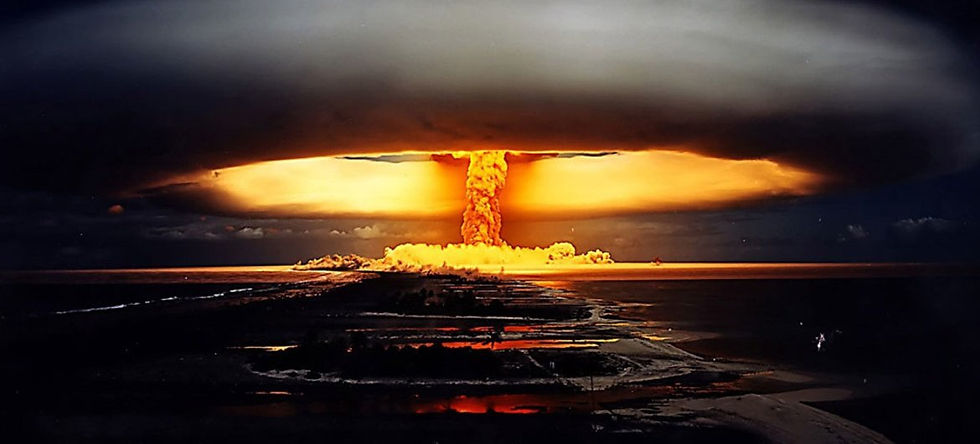‘Our livelihoods have been cut off’, say West Bank farmers ahead of olive harvest
- link918
- Aug 31, 2025
- 1 min read
August 31, 2025
UN News Service
In the occupied West Bank village of Kufr Qaddum, *Yousef stands behind a sealed iron gate, cut off from the olive trees that have sustained his family for generations.
Like thousands of Palestinian farmers, he faces growing restrictions from Israeli forces and settlers, who have made the olive harvest season – running from September to November – a time of uncertainty and struggle.
In recent years, the UN Food and Agriculture Organization (FAO) has supported olive farmers and cooperatives to improve access to and management of land and water resources, introduced sustainable practices such as intercropping, and helped them increase food production and income by using natural resources more efficiently.
The olive harvest is both a primary source of livelihood for thousands of families and an integral part of Palestinian heritage.

The olive harvest is both a primary source of livelihood for thousands of families and an integral part of Palestinian heritage.
The olive harvest is both a primary source of livelihood for thousands of families and an integral part of Palestinian heritage.
d way of life – as settler attacks reach their highest level in at least two decades, according to the UN aid coordination office, OCHA




Comments